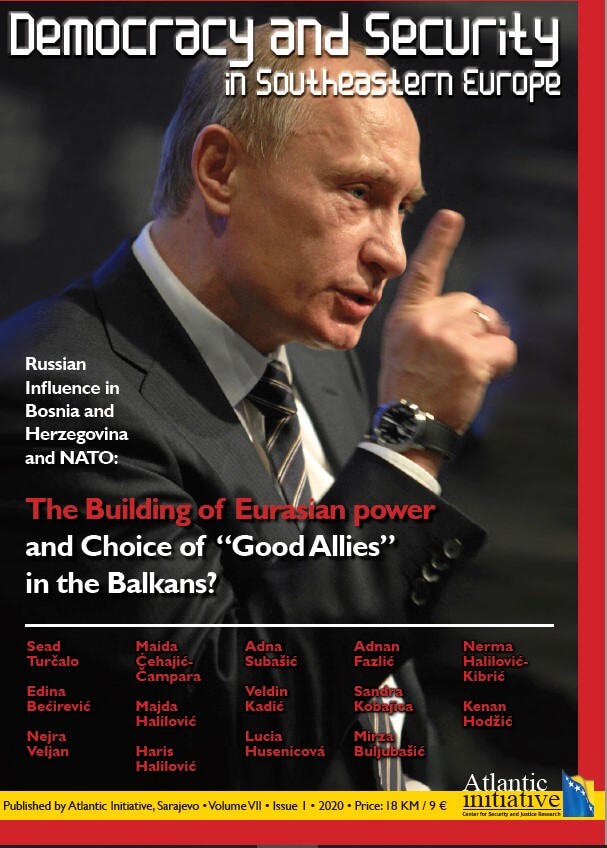Women’s Empowerment and Resilience to Violent Extremism in Bosnia & Herzegovina: A Subnational Qualitative Assessment
Women’s Empowerment and Resilience to Violent Extremism in Bosnia & Herzegovina: A Subnational Qualitative Assessment
Author(s): Mirza Buljubašić, Nerma Halilović Kibrić, Sandra Kobajica, Adnan Fazlić, Kenan HodžićSubject(s): Gender Studies, Civil Society, Studies in violence and power, Inter-Ethnic Relations, Socio-Economic Research, Sociology of Religion, Politics and Identity
Published by: Atlantska inicijativa: Udruženje za promicanje euroatlantskih integracija BiH
Keywords: Bosnia & Herzegovina; Violent extremism; Women's empowerment; Ethnonationalist identity; Gender identity; Violence against women;
Summary/Abstract: Recent international research highlights the link between women’s empowerment, social cohesion, and resilience to violence, and finds clear correlations between gender inequality and community-level susceptibility to violence. Conversely, the benefits of women’s empowerment extend beyond women and girls to society as a whole: equal relations between women and men translate into better relations between and among ethnic groups and political opponents. Quantitative research in Bosnia and Herzegovina (BiH) paints a similar picture. A 2018 survey found that respondents strongly supporting the freedom of women to work outside the home, hold political office, and decide whether or not to dress according to religious rules, were among the least likely to express sympathy for the use of violence in various scenarios. This survey, however, focused primarily on evaluating the sympathy of respondents to violent extremism and only secondarily on correlating that sympathy with other variables related to women’s empowerment.
Journal: Democracy and Security in Southeastern Europe
- Issue Year: VII/2020
- Issue No: 1
- Page Range: 130-152
- Page Count: 23
- Language: English

